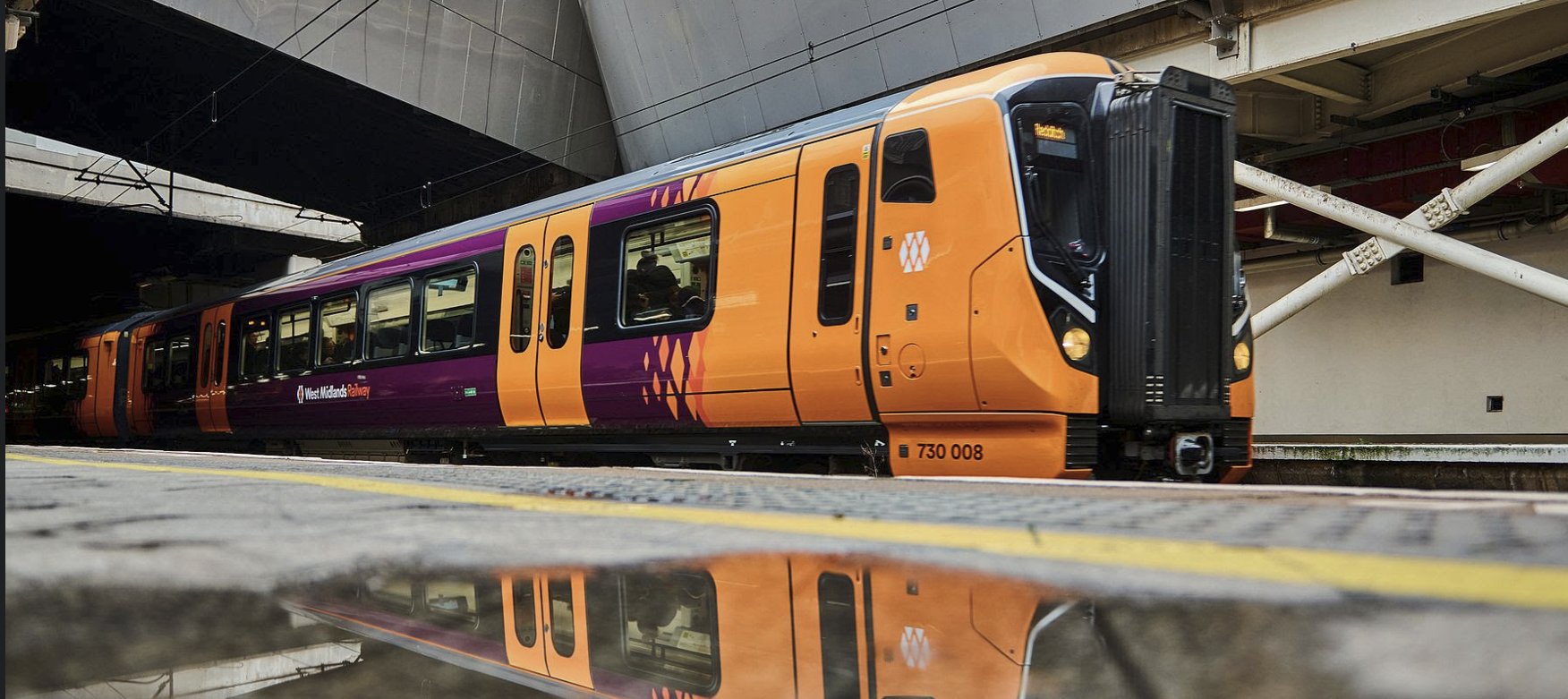Passengers set for railways reset
West Midlands Trains will return to public ownership from February 2026, as part of the government’s overhaul of Britain’s railways.
The move is designed to improve reliability, cut cancellations and put passengers “back at the heart of the railway”.
The Department for Transport confirmed that West Midlands services will join Greater Anglia, which transfers this October, and Govia Thameslink, which follows in May 2026. Chiltern Railways and Great Western Railways are expected to return soon after.
By the middle of next year, 8 in 10 passenger journeys overseen by the department will be run directly by the state. All contracted operators are expected to be integrated into the new Great British Railways body by 2027.
Rebuilding confidence
Legislation creating Great British Railways will be introduced this parliamentary session. Ministers say publicly owned companies such as Southeastern and LNER already show better performance, with lower cancellation rates and more modern trains since being nationalised.
Transport officials stressed that operators must meet strict standards to qualify as Great British Railways services, promising a “world-class public service”. Contracts are only being taken over at the end of their term, meaning taxpayers will not face extra costs.
West Midlands focus
For passengers in Birmingham, Wolverhampton, Coventry and across the wider region, the move comes after years of frustration over delays, cancellations and overcrowding on West Midlands routes. Local leaders hope public control will bring a more joined-up approach, particularly as demand for rail is expected to rise with housing and jobs growth.
West Midlands mayor Richard Parker has long pressed for greater accountability in the transport system, linking improvements in rail with his wider agenda on affordable housing and regional development. The reset may give his administration more leverage in ensuring rail services are reliable and better aligned with the region’s economic priorities.
The bigger picture
The government describes the changes as the biggest reform of the railways in a generation. Officials say bringing lines under public ownership will make services more dependable and transparent, offering passengers a clearer sense of accountability when things go wrong.
With nearly all services due to be under public control by 2027, ministers argue this marks a decisive break with the fragmented system that has defined Britain’s railways since privatisation in the 1990s.







